Interviewing #KuToo Founder Yumi Ishikawa
Speaking with the actress and writer who is standing up for dress code equality in the Japan workplace
Yumi Ishikawa is leading the #KuToo movement to bring awareness to gender discrimination against women—starting with their feet. She sat down with Savvy Tokyo to talk high heels, social media backlash, and feminism in modern Japan.
High heels in a funeral parlor
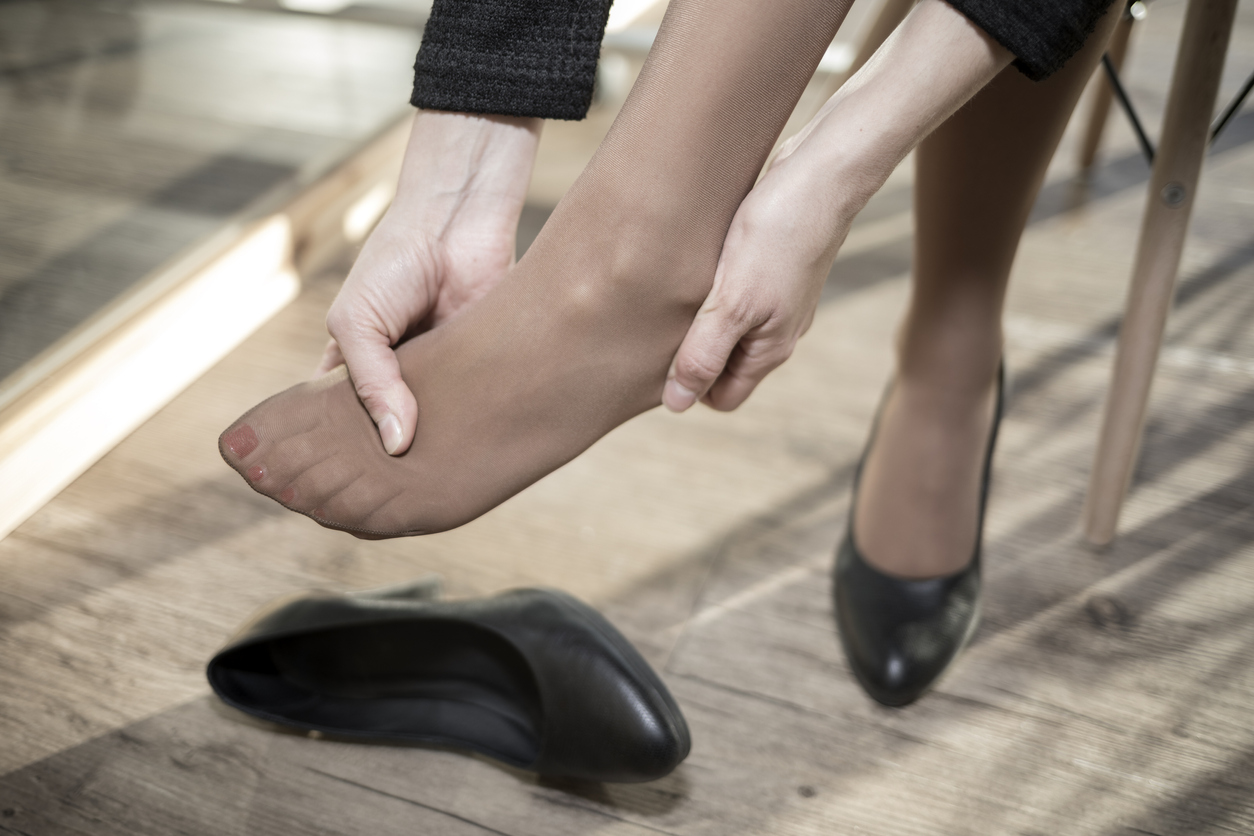
At her job in a funeral parlor, Yumi Ishikawa would work up to eight hours per day. Her work consisted of standing for long periods of time in between running around to ensure the ceremonies were going as planned. Though she rebelled against her company dress code—which required female employees to wear 5 to 7 cm heels—and wore 2 cm heels, she constantly suffered from sore legs, blisters, and bleeding feet.
One day, while aligning shoes at the entrance of a tatami room, she noticed that while her female colleagues had to wear uncomfortable heels, her male counterparts’ shoes were flat, light, and comfy.
#KuToo isn’t a fight against heels, but a fight for the freedom to choose.
“Picking up a pair, I had a moment where I thought ‘wow, they’re so light! I’m desperate to wear the same!’ says Ishikawa, glancing down at her own sneaker-clad feet.
Opening up on Twitter about her feelings, she was surprised when she received thousands of comments and a wave of sympathy from other women. It was at that point she realized this was bigger than just her.
“For a long time, I thought that feeling pain from wearing heels was somehow my fault. I blamed myself for not searching enough for the right pair and not investing in a good pair of shoes. I told myself my feet didn’t have the right shape,” she says.
How a tweet turned into an international debate over gender inequalities in Japan
Struck to hear that high heels seemed to be enforced by a lot of Japanese companies, Ishikawa felt this was no longer a personal issue but a societal one. Researching further, she realized that workplace dress codes for women were also sparking debate and that the topic was being labeled as an issue of gender inequality in countries like Britain, France, and Canada.
That’s when she began to understand the underlying implications of women being forced to wear heels.
“I’d been studying feminism for about a year and a half and suddenly, it occurred to me that workplace outfit requirements for women were actually a gender inequality issue, one that we needed to address and solve,” she said.
Researching further, she wondered how heels ended up being part of women’s professional etiquette. Eager to start the debate in Japan, she contacted the website Change.org for advice about how to organize herself and figure out the steps.
Japanese media see #KuToo as simply “a shoe issue.” Where foreign media outlets refer to Ishikawa as a “fighting feminist,” the Japanese press pitches her as speaking out about a health issue for women, generally avoiding any reference to feminism and gender issues.
Helped by the website, she launched a petition addressed to the Ministry of Health, Labor, & Welfare and came up with the ingenious hashtag, #KuToo—a nod to the viral #MeToo movement against sexual harassment and assault sparked by abuse allegations against Hollywood producer, Harvey Weinstein.
The wave of anecdotes in reply to Ishikawa’s tweet also echoed the viral traction of the #MeToo movement, and media—both domestic and international—began to report on the story. Business Insider Japan even conducted a survey which revealed that 60% of Japanese women have been asked to wear heels for work or job interviews.
For Yumi, all the sudden attention was welcome, if only because it shed light on a problem left undiscussed.
“I started #KuToo because I had something to share with society and my message went through. The movement could get going thanks to everyone’s efforts. This is proof that we collectively need to talk about this issue.”
#KuToo rises in Japan as #MeToo fades away
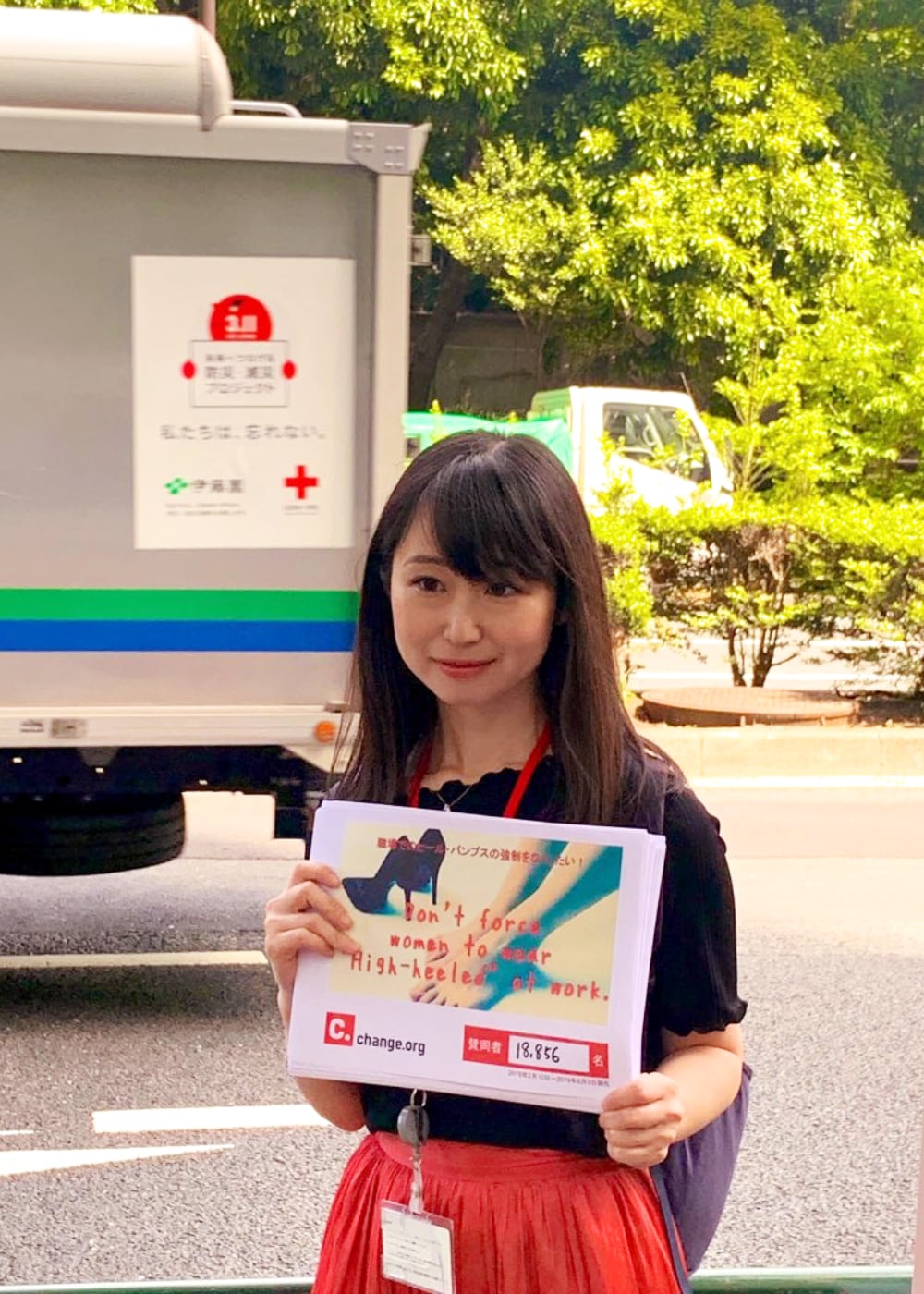
Yumi Ishikawa holds up a sign for the #KuToo petition on change.org.
The petition currently has around 30,000 signatures, mostly from Japan, though Ishikawa also saw a wave of signatures coming from South Korea where the #KuToo hashtag has its own version in Korean (#탈코르셋). As the movement continues to attract international coverage, she’s seeing an increase of signatures from abroad, too.
While #MeToo was hardly discussed in Japan, #KuToo seems to be an easier topic to talk about. When the #MeToo movement first started, the news barely registered in Japanese media. “It was as if the subject barely existed,” says Ishikawa.
Japanese media see #KuToo as simply “a shoe issue.” Where foreign media outlets refer to Ishikawa as a “fighting feminist,” the Japanese press pitches her as simply speaking out about a health issue for women, generally avoiding any reference to feminism and gender issues.
For her, the challenge is now to bring awareness to the Japanese public about how #KuToo is a feminist issue and ties into a debate over gender inequality.
Could enforcing heels actually be justified or harassment?
Following the submission of her petition to the Ministry of Health, Labor, and Welfare, the labor minister Takumi Nemoto commented that “[wearing heels] is socially accepted as something that falls within the realm of being occupationally necessary and appropriate.”
It was a comment both national and international media were quick to pick out of context, jumping to the conclusion that the labor minister had dismissed the #KuToo movement and was strongly in favor of heels at work.
Ishikawa says that she was surprised and slightly shocked by how the media reported his comments. She felt the media distorted what actually was a positive start, with the labor minister Takumi Nemoto recognizing that forcing heels in the workplace could constitute a form of power harassment.
Apart from models and those selling high heels, how can a social norm justify any kind of relationship between heels and work?
Nemoto later tried to clarify his thoughts, saying, “It depends on the specific situation. In light of social norms, it can’t be considered harassment unless it exceeds the scope of what’s appropriate and necessary for the job.”
It’s a comment Yumi Ishikawa felt was really interesting from a wording point of view.
“Justifying heels as a ‘social norm’ actually shocked the public enough to spark a debate on what a ‘norm’ actually is. Apart from models and those selling high heels, how can a social norm justify any kind of relationship between heels and work?” she says.
For Ishikawa, the construction of this social norm goes back to when women were first able to enter the workforce. Nicknamed “office ladies” or “office flowers”—a counterpart to the term “salaryman”—women were expected to soften the workplace environment by being kind and, more importantly, beautiful.
It’s an expectation that Japanese society still struggles with today, with many believing that office flowers are a positive representation of women in the workplace.
“I think both men and women simply want the opportunity to show their working value,” says Ishikawa.
#KuToo is about improving the workplace environment so all employees can feel comfortable
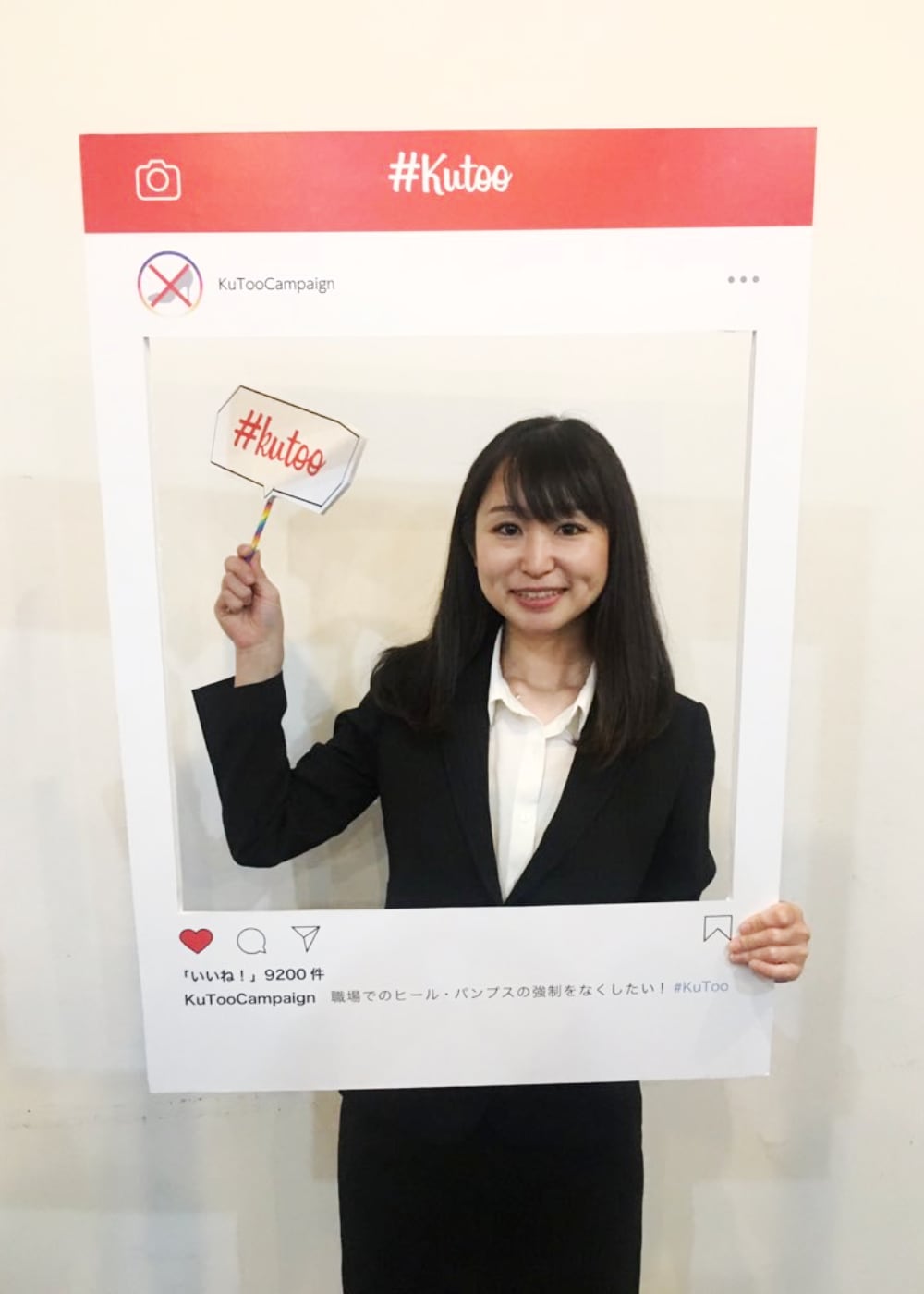
Ishikawa poses for the camera as she spreads awareness of gender inequality in Japan.
#KuToo isn’t a fight against heels, but a fight for the freedom to choose. As a social movement, #KuToo is also an opportunity to open the dialogue about those small gender inequalities which often go unnoticed in daily life.
“A large portion of the Japanese population believe they live in a fair society,” says Ishikawa. “When you think something doesn’t exist, or that there is no issue, you can’t get angry. You can’t fight.”
Japanese society often shuns women for defying socially imposed gender roles
But for Japanese women, challenging society’s perception by speaking up is taking a big risk.
Since she launched #KuToo, Yumi Ishikawa was faced with the customary backlash that women often get when raising their voice in Japan.
It’s a sad truth embodied by the face of #MeToo movement in Japan, the journalist Shiori Ito, who has had to flee her own country to escape death threats. From the moment she dared question the need for heels in the workplace, Yumi Ishikawa too, became a target.
I started #KuToo because I had something to share with society and my message went through.
“Every time a woman speaks up, society doesn’t believe her. People doubted my experience, they called my employers. There are many people who argue that there is nothing wrong with heels and that it has nothing to do with gender. But telling us not to talk about what women have to wear is perfect evidence that our society struggles with gender inequality. I want people to see what is happening and why I’m angry.”
She has been slut-shamed for her past activities as a model, with comments suggesting that a woman that shows her skin gives up her human rights. Some tabloids have also accused her of using the movement for her own profit and in one particularly petty case, of using crowdfunding the movement to get her nails done.
She confides that at times, she feels down and hurt by what she reads online, but the key to survival lies with self-care.
“I’m the type of person who needs to respond—or I wouldn’t have a place in this world,” she says.
Going against gaman
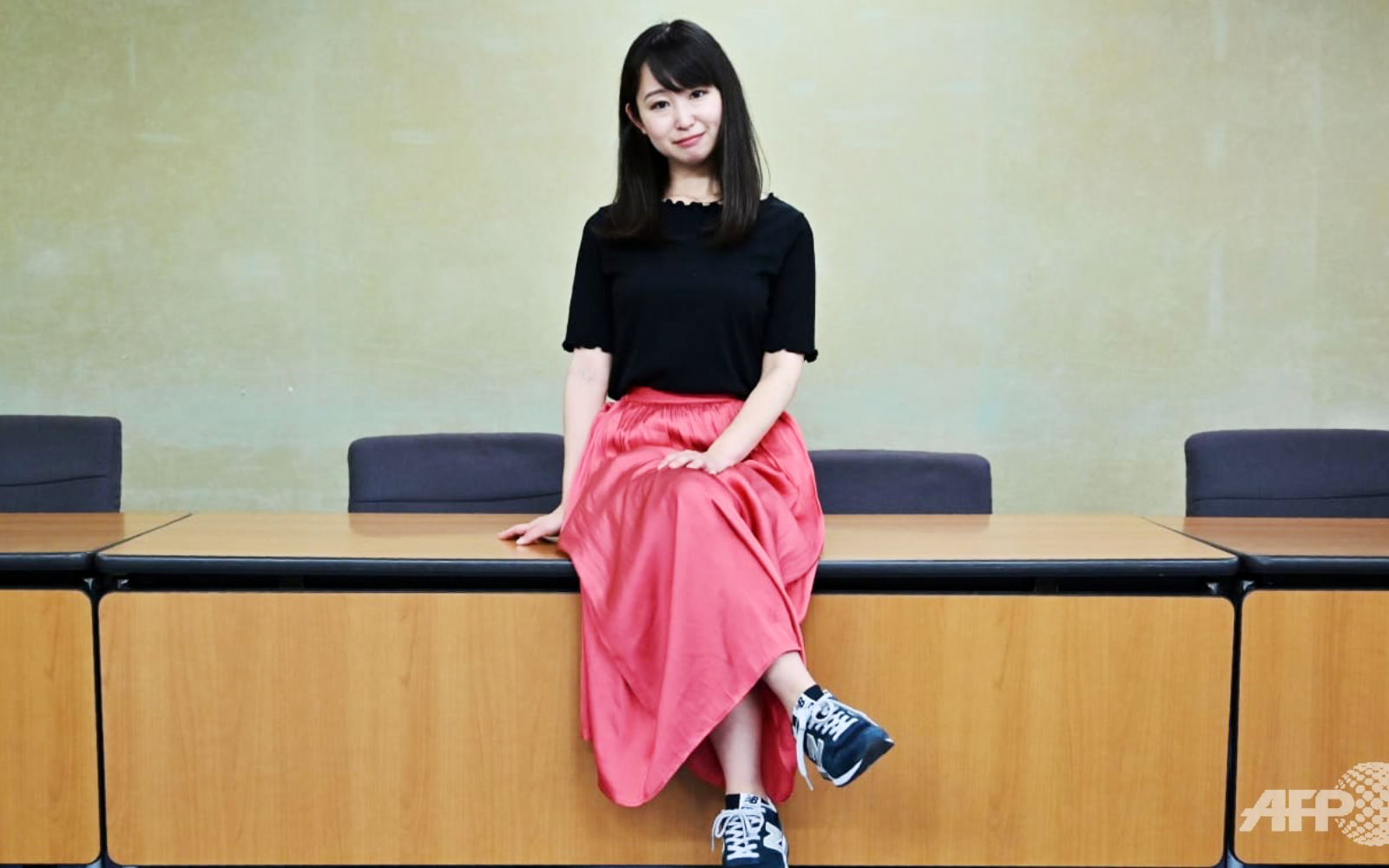
Ishikawa continues to fight for women’s rights in Japan and lead the powerful #KuToo movement.
Despite the attacks, she doesn’t blame her critics, rather the stress of modern life instead. With long work days, a crowded commute, and an overall pessimistic mood about the future, challenging discussions about society are harder to start in Japan.
Also working against her is gaman, a concept deeply rooted in the culture here. Essentially, gaman equals the idea you should not complain when things are tough, because, well, that’s just how it is. It’s part of your responsibility to deal with it for the greater good.
“I was told to just ‘bear it’ when it comes to wearing heels, because that’s part of the business etiquette, or to just change my job.” “I just don’t understand how enduring high heels relates to the greater good?” she says.
How YOU can support #KuToo
As an employee, you can check whether your company has a specific set of rules. Many women shared on social media that when they asked, they learned that their employers actually didn’t require them to wear heels. Ishikawa says that’s because wearing heels is often more of a tacit rule, something that has actually not been verbalized by the employer.
I’ve been asked several times if I wanted to become a politician. But you know, we don’t have to enter politics to raise our voices.
As a CEO or a team manager, you can take the initiative to speak openly with your employees about what you see fit to wear at the office. Even if the company has a footwear dress code, a good start to change things could be to open a healthy dialogue about the issue.
Beyond #KuToo, Yumi Ishikawa is hopeful Japanese society will slowly give more space and freedom for people to change.
“I’ve been asked several times if I wanted to become a politician. But you know, we don’t have to enter politics to raise our voices. I want to help build a society where people can fight in a healthier environment.”
“I’m sure a lot of women actually don’t realize that being forced to wear heels is up for debate. It’s time we all joined in the discussion.”







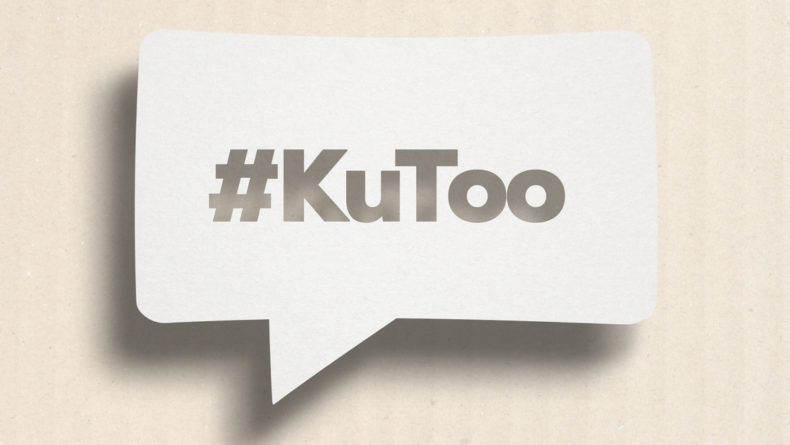
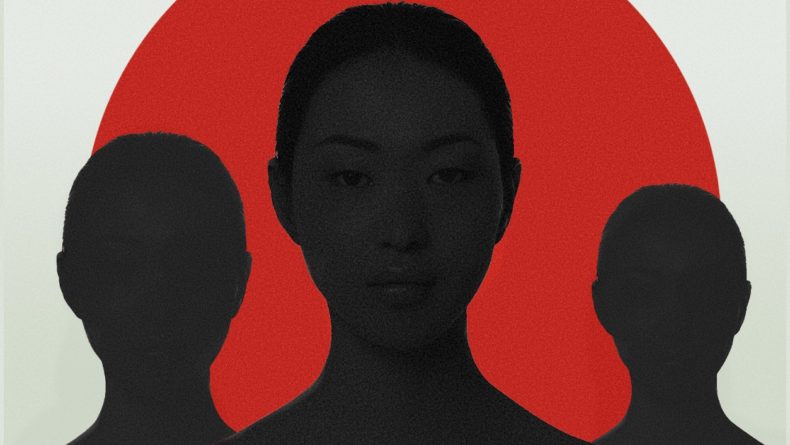
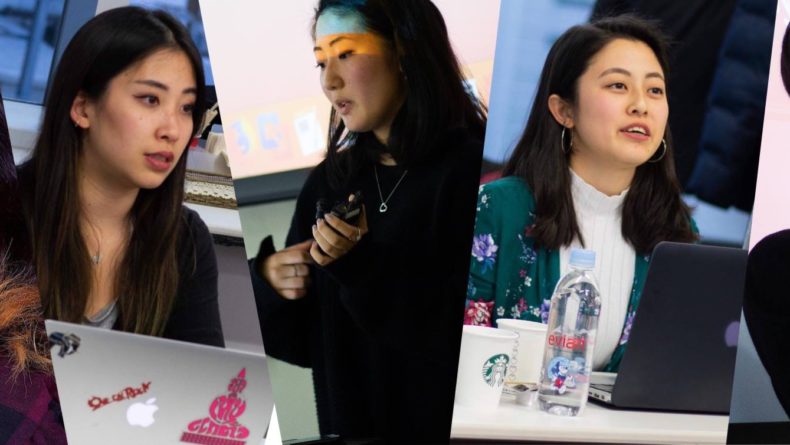

Leave a Reply